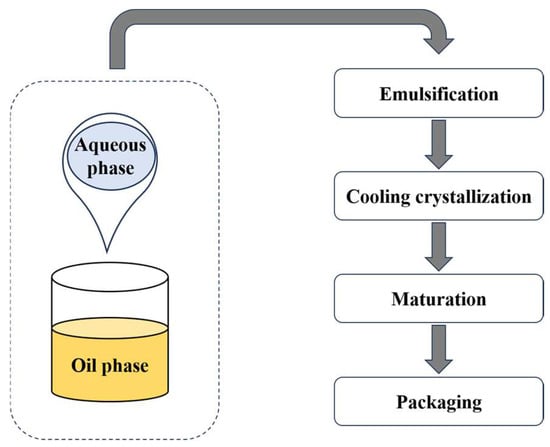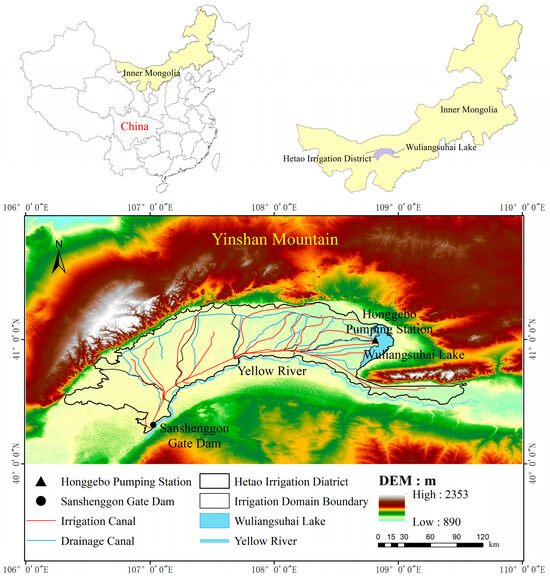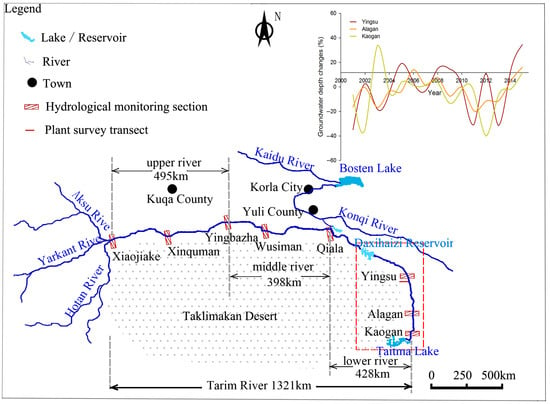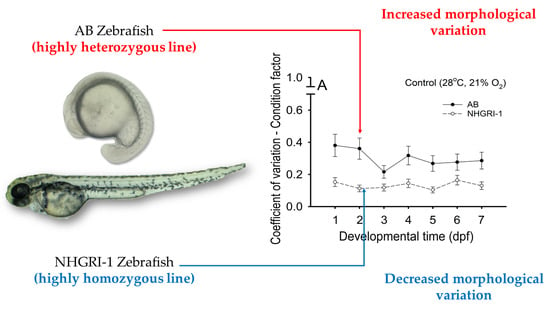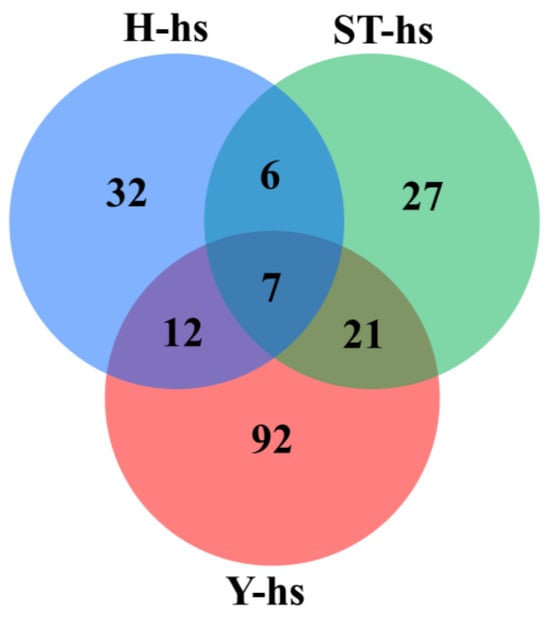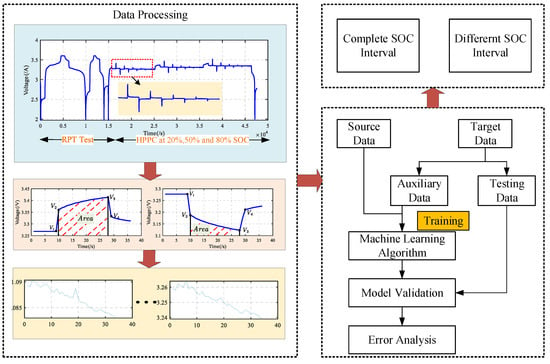Background/Objectives: There is currently no guidance on how to interpret the global degrees of activity (worsening) and repigmentation (improvement) in vitiligo. Stratification into global degrees can be completed for static evaluations (e.g., visible disease activity signs) and dynamic assessments (e.g., evolution over time). For the latter, the Vitiligo Disease Activity Score (VDAS
15&60) and Vitiligo Disease Improvement Score (VDIS
15&60) were recently validated.
Methods: In the current study, a Physician Global Assessment (PGA) for disease activity (worsening) and repigmentation (improvement) was evaluated for validity (construct) and reliability (inter- and intrarater) based on a photo set of 66 patients. Subsequently, the PGA activity (worsening) and repigmentation (improvement) were used to stratify the Vitiligo Extent Score plus (VESplus), VDAS
15&60 or VDIS
15&60 into three global categories (slightly, moderately and much worse/improved), based on ROC analysis.
Results: For the VESplus, cut-off values for the categories ‘slightly, moderately and much worse’ were >0.3%, >27.71% and >128.75% BSA (relative changes in the affected total BSA), respectively. For the categories ‘slightly, moderately and much improved’, they were >0%, >4.87% and >36.88% BSA (relative changes in the affected total BSA), respectively. The optimal cut-off values of the number of active (VDAS
15) body areas were >0 areas for slightly worse, >2 areas for moderately worse and >7 for much worse. For VDIS
15, the cut-off values for slightly improved and moderately improved were >0 and >1. For VDAS
60 and VDIS
60, the cut-off points were >0.5, >3, >9.5 and >0.5 and >1.5, respectively. The results should be interpreted with caution in patients with extensive vitiligo due to the rather limited disease extent of the included patient population (VESplus (median: 3.2%)).
Conclusions: This research will aid in the development of more detailed international definitions.
Full article
 IJMS
IMPACT
IJMS
IMPACT Applied Sciences
IMPACT
Applied Sciences
IMPACT Sustainability
IMPACT
Sustainability
IMPACT Sensors
IMPACT
Sensors
IMPACT JCM
IMPACT
JCM
IMPACT Materials
IMPACT
Materials
IMPACT Molecules
IMPACT
Molecules
IMPACT Energies
IMPACT
Energies
IMPACT Electronics
IMPACT
Electronics
IMPACT Remote Sensing
IMPACT
Remote Sensing
IMPACT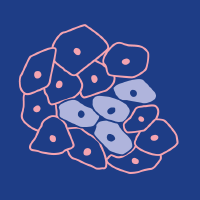 Cancers
IMPACT
Cancers
IMPACT Nutrients
IMPACT
Nutrients
IMPACT Mathematics
IMPACT
Mathematics
IMPACT Foods
IMPACT
Foods
IMPACT Buildings
IMPACT
Buildings
IMPACT Polymers
IMPACT
Polymers
IMPACT Animals
IMPACT
Animals
IMPACT Water
IMPACT
Water
IMPACT Plants
IMPACT
Plants
IMPACT Agronomy
IMPACT
Agronomy
IMPACT Biomedicines
IMPACT
Biomedicines
IMPACT Processes
IMPACT
Processes
IMPACT Microorganisms
IMPACT
Microorganisms
IMPACT Diagnostics
IMPACT
Diagnostics
IMPACT Nanomaterials
IMPACT
Nanomaterials
IMPACT Viruses
IMPACT
Viruses
IMPACT Medicina
IMPACT
Medicina
IMPACT Healthcare
IMPACT
Healthcare
IMPACT Cells
IMPACT
Cells
IMPACT Forests
IMPACT
Forests
IMPACT Agriculture
IMPACT
Agriculture
IMPACT Land
IMPACT
Land
IMPACT JMSE
IMPACT
JMSE
IMPACT IJERPH
IJERPH
 Symmetry
IMPACT
Symmetry
IMPACT Genes
IMPACT
Genes
IMPACT Pharmaceutics
IMPACT
Pharmaceutics
IMPACT Coatings
IMPACT
Coatings
IMPACT Micromachines
IMPACT
Micromachines
IMPACT Pharmaceuticals
IMPACT
Pharmaceuticals
IMPACT Atmosphere
IMPACT
Atmosphere
IMPACT Children
IMPACT
Children
IMPACT Religions
IMPACT
Religions
IMPACT Antioxidants
IMPACT
Antioxidants
IMPACT Life
IMPACT
Life
IMPACT Metals
IMPACT
Metals
IMPACT Biomolecules
IMPACT
Biomolecules
IMPACT Vaccines
IMPACT
Vaccines
IMPACT Education Sciences
IMPACT
Education Sciences
IMPACT Minerals
IMPACT
Minerals
IMPACT Horticulturae
IMPACT
Horticulturae
IMPACT Brain Sciences
IMPACT
Brain Sciences
IMPACT JPM
IMPACT
JPM
IMPACT Bioengineering
IMPACT
Bioengineering
IMPACT




